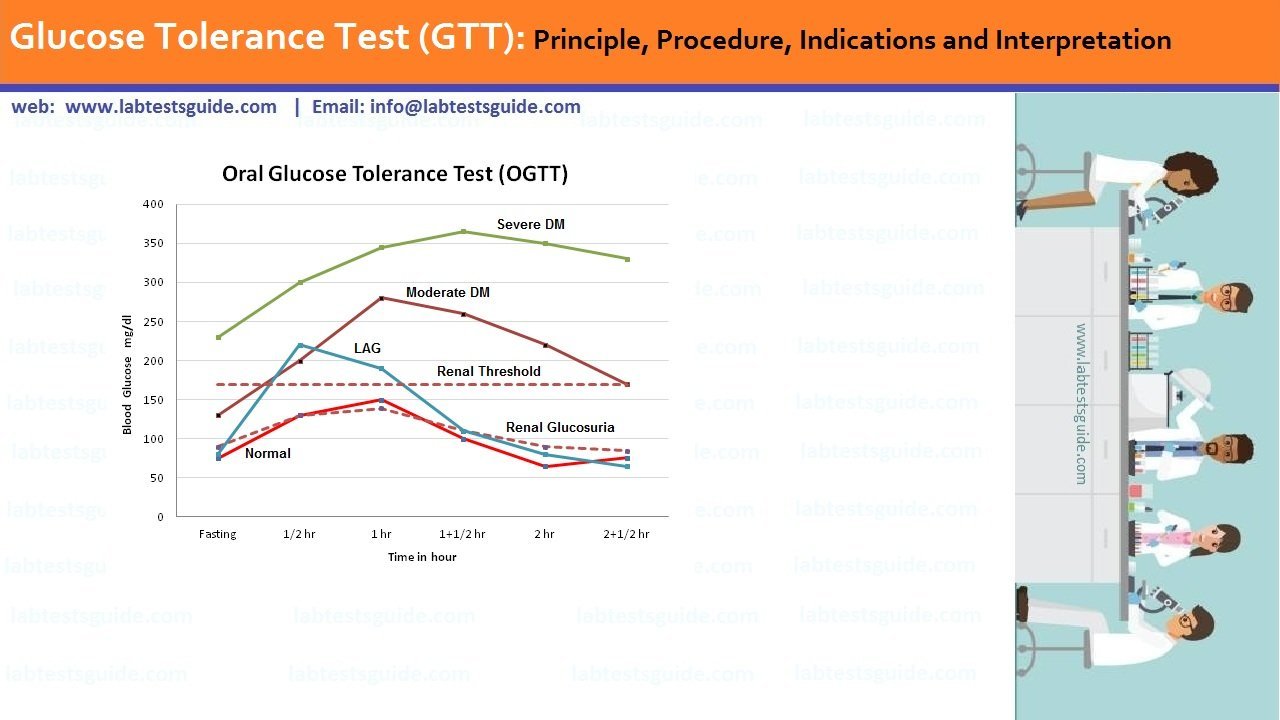
Calcium is an important mineral that your body uses in many ways. It increases the strength of your bones and teeth and helps your muscles and nerves work.
A serum calcium blood test measures total calcium in your blood. There are several different forms of calcium in the blood. These include ionized calcium, calcium bound to other minerals called anions and calcium bound to proteins such as albumin. Ionized calcium, also known as free calcium, is the most active form.

Also Known as: Calcium, Total Calcium, Ionized Calcium , Ca
Test Panel: Phosphorus, Vitamin D, Parathyroid Hormone, Magnesium, Urine Calcium
Types of Calcium Test:
- A total calcium test measures both free and bound calcium. It’s the type of blood calcium test doctors order most often.
- An ionized calcium test measures only free calcium.
Why Get Tested:
- calcium level is used to evaluate the function and metabolism of the parathyroid.
- calcium level is used to control kidney failure and kidney transplantation.
- calcium level is used to assess hyperparathyroidism.
- calcium levels can be performed in malignant tumors such as multiple myeloma.
- calcium levels can be made to control the level of calcium before and after blood transfusions.
When to get Tested:
- As part of a routine metabolic panel
- When you have symptoms of a disorder, or known presence of one, affecting your kidneys, bones, thyroid, parathyroid, or nerves
- When symptoms of significantly increased or decreased calcium concentrations are present.
- when someone is critically ill, to monitor ionized calcium levels
- When someone has certain types of cancer
- When someone is being treated for abnormal calcium levels
- To evaluate the effectiveness of treatment
Sample Required:
- It is performed in the patient’s serum.
- Blood should be collected without much pressure on the arm.
- Avoid prolonged tourniquet.
- EDTA cannot be used as an anticoagulant for plasma.
- Obtain blood with minimal venous occlusion and without exercise or after restoring circulation.
- The serum is stable for 8 hours at 22 to 25°C. But it can be maintained at 4°C for a longer period.
Precaution for Sample:
- Fasting sample is preferred.
- Venous stasis or upright posture increased the calcium level by 0.6 mg / dL.
- There is diurnal variation, greater in PM than in AM.
- Separate immediately from red blood cells to avoid calcium absorption by these cells (red blood cells).
- Excessive milk intake leads to an increase in calcium levels.
- Vitamin D poisoning also increases the level of calcium.
- Check the level of albumin because hypoalbuminemia leads to an artificial decrease in the level of calcium.
- Drugs can increase the level of serum calcium such as calcium salts, alkaline antacids, thiazide diuretics, vitamin D, parathyroid and thyroid hormones and androgens.
- Drugs can lower the level of calcium such as aspirin, anticonvulsants, heparin, laxatives, diuretics, magnesium salts and oral contraceptives.
Normal Values:
- Total Calcium:
- Infant to one month = 7.0 to 11.5 mg/dL.
- One month to one year = 8.6 to 10.2 mg/ dL.
- Adult = 9 to 10.5 mg/dL.
- Ionized calcium
- Whole blood adult = 4.65 to 5.28 mg/dL (1.175 to 1.375 mmol/L)
- Newborn = 4.20 to 5.58 mg/dL.
- The ratio of ionized Ca++ to total Ca++ = 48 to 56%.
- Urine Calcium:
- Average Calcium diet is 800 mg/day.
- See on Urine Calcium
Increased Level of Calcium is seen in:
- Decreased levels of calcium in the urine from an unknown cause
- Hyperparathyroidism
- Hyperthyroidism
- Milk-alkali syndrome
- Multiple myeloma
- Paget disease
- Sarcoidosis
- Thiazide diuretics
- Thrombocytosis (high platelet count)
- Tumors
- Vitamin A excess
- Vitamin D excess
Decreased Level of Calcium is seen in:
- Hypoparathyroidism
- Malabsorption
- Osteomalacia
- Pancreatitis
- Renal failure
- Rickets
- Vitamin D deficiency
Natural Foods Source Of Calcium:
| Food | Quantity | Ammount of Calcium |
|---|---|---|
| Kale | one cup | 245 mg |
| Milk | one cup | 305 mg |
| Yogurt | 6 oz | 300 mg |
| Cheese | one oz | 224 mg |
| Dried figs | 8 whole figs | 107 mg |
| White Beans | one cup | 191 mg |
| Turnip greens | one cup | 195 mg |
| Black-eyed beans | 1/2 cup | 185 mg |
| Canned salmon | 1/2 cup | 232 mg |
| Orange juice | one cup | 500 mg |
| Orange | one medium | 65 mg |
| Sesame seed | one teaspoon | 88 mg |
| Almond | 1/2 cup dry roasted | 72 mg |
| Instant oatmeal | one cup | 187 mg |
| Soy milk | one cup | 300 mg |
| Firm Tofu | 1/2 cup | 861 mg |
| Broccoli | one cup | 62 mg |
Related Articles:
RSS Error: https://www.labtestsguide.com/category/tests/feed is invalid XML, likely due to invalid characters. XML error: > required at line 490, column 16
RELATED POSTS
View all

